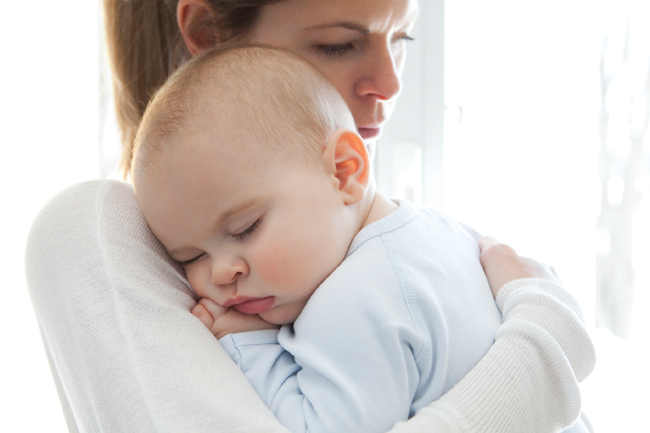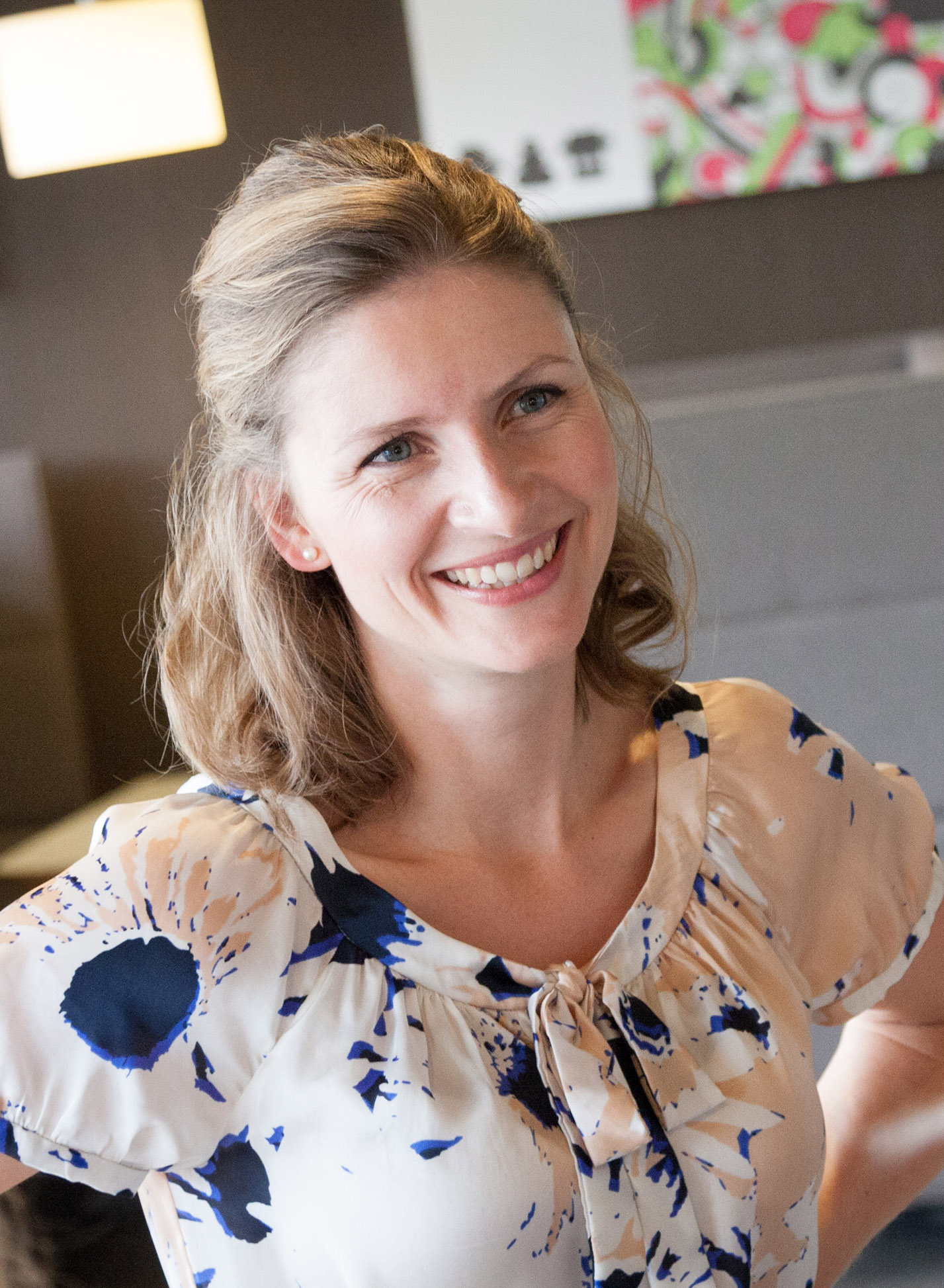 Q I have coeliac disease and I have just had a baby. What are the chances of this being passed on?
Q I have coeliac disease and I have just had a baby. What are the chances of this being passed on?
The chance of having a coeliac child if you or your partner has coeliac disease is around 1 in 10. Looking on the bright side, this means your child is 90% likely not to get the condition.
I suspect the reason you’re asking this is because you’re worried. We all want our children to lead healthy, normal lives and be free from suffering. So there are two ways of viewing things if your child is coeliac. Firstly, because you’re coeliac yourself, you’ll be a lot more aware of how to handle the condition and therefore have a greater understanding of how to deal with food preparation, meal times and eating outside the home (i.e. at children’s parties, restaurants etc).
The second way of looking at it is that you’ll be disappointed because you feel they’d be missing out. Whether it’s not being able to have a slice of other kids’ birthday cakes to later in life grabbing a pizza and a beer at university, there are situations where they’ll feel different.
The good news is it’s becoming a lot easier to find gluten-free food in the shops. Therefore, if you’ve told other parents beforehand that your child needs gluten-free, when you go to their child’s party there should be something they’ll be able to have as a treat. If you don’t trust other parents to have something available then you’ll just have to come prepared yourself. It’s annoying, but at least it’s better than having a wailing tot on your hands because they didn’t get a sandwich/biscuit/cupcake.
If you suspect your child might be coeliac, write down a list of indicators and go straight to your GP. Symptoms may include the following: diarrhoea, bloating, feeling tired, lack of appetite, weight loss (or no weight gain), moodiness and/or depression. This is by no means an exhaustive list, however, and you will know from being diagnosed as a coeliac yourself that the condition presents differently, which often makes it difficult to detect.
But talking to the doctor should put your mind at rest. They’ll be able to assess whether to do a blood test and the good news is that if the blood test comes back positive, they may feel it’s unnecessary to do a biopsy.
Finally, the key to ensuring everyone’s happiness is having a positive outlook. As long as you make sure your child gets treats and enjoys the things they can have (like chocolate and ice cream), you should find life easier to manage.
 About our expert: Ali Walsh was diagnosed with coeliac disease nearly 20 years ago, at a time when free-from food was scarce. She started her own cake business because there was a lack of fresh gluten-free cake on offer. Ali feels if you can’t eat a particular food, you shouldn’t feel deprived, and has created recipes so delectable that even people without dietary requirements clamour for her bakes. A regular on BBC radio, Ali often advises on managing diets. www.thebristolbakehouse.com.
About our expert: Ali Walsh was diagnosed with coeliac disease nearly 20 years ago, at a time when free-from food was scarce. She started her own cake business because there was a lack of fresh gluten-free cake on offer. Ali feels if you can’t eat a particular food, you shouldn’t feel deprived, and has created recipes so delectable that even people without dietary requirements clamour for her bakes. A regular on BBC radio, Ali often advises on managing diets. www.thebristolbakehouse.com.
